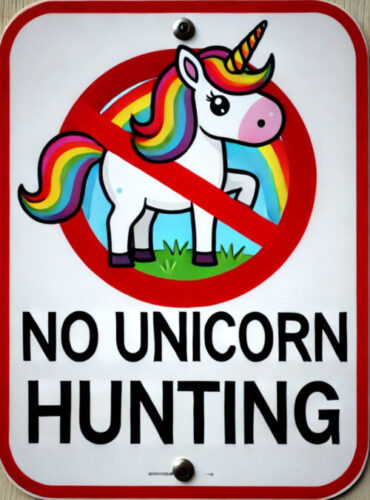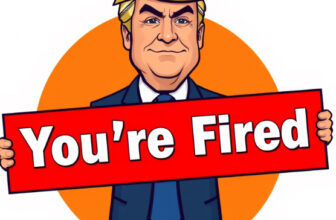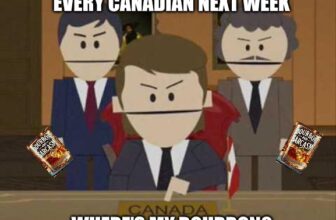
Bourbon, Kentucky’s crown jewel and liquid pride, is making headlines again—not for its smoky notes or caramel finish, but because lawmakers have decided it’s time to meddle in how the state’s most prized spirit gets into your hands. Between online auctions of confiscated bottles and new restrictions aimed at secondary market sales, it’s clear Kentucky is serious about squeezing every last drop of drama out of its bourbon game.
State-Sponsored Bourbon Auctions: Justice Meets Capitalism
In a move that’s equal parts entrepreneurial and opportunistic, Kentucky launched its first-ever online auction of confiscated alcohol. Starting November 27, rare bottles like Old Rip Van Winkle and Blanton’s Single Barrel Gold are up for grabs. These aren’t just bottles; they’re artifacts, the kind you’d display proudly while secretly knowing you paid way too much for them.
Proceeds from these auctions, hilariously enough, are earmarked for programs that promote “responsible alcohol use.” Because what better way to teach moderation than to dangle bottles of impossible-to-find bourbon in front of people who are definitely going to overbid in a frenzy of FOMO? The irony could pair nicely with a rye Manhattan.
For a deeper dive into this auction, check out the AP’s coverage here.
The Bourbon Bill: A Buzzkill for Secondary Sales
But wait—there’s more! Kentucky isn’t stopping at auctions. Oh no. A proposed bill is looking to clamp down on the secondary market, the underground economy where rare bourbons are traded like Pokémon cards for grown-ups. The new rule? No store or individual can buy or sell more than 24 bottles from a single seller per year. To paraphrase one of the world’s greatest philosophers, Forrest Gump, I may not be a smart man, but I know what shrinking the supply does to price and demand…
This restriction is supposedly aimed at preventing bulk reselling and ensuring more people have access to rare bottles. In reality, it’s like saying, “You can have your bourbon, but only if you promise not to enjoy it too much.” It’s a regulatory buzzkill of the highest order.
Want to see just how mad bourbon lovers are? Check out the commentary at Bourbons.com.
Secondary Market Impact: The Bourbon Drought is Coming
Now let’s talk about the fallout. The secondary market is where bourbon enthusiasts—those unwilling to camp outside a liquor store for a raffle ticket—can find their holy grails. It’s also where bottles retailing for $100 magically transform into $1,000 unicorns. This market thrives on scarcity, and Kentucky’s proposed restrictions are about to throw a wrench in its gears.
Limiting transactions to 24 bottles per seller per year means fewer bottles changing hands. Resellers might downsize or, worse, get creative in circumventing the rules (hello, bourbon black market). Buyers will face skyrocketing prices and dwindling availability. Essentially, this bill is the equivalent of pouring the last drop of your prized whiskey into a plastic cup—technically still bourbon, but the magic’s gone.
For a look at how the secondary market could crumble, try Whiskey Raiders for all the gritty details.
The Bitter Aftertaste
So, what does all this mean for Kentucky’s bourbon aficionados? If you’re a casual drinker, you might think this is a win—more rare bottles for the masses, right? Wrong. The secondary market isn’t going away; it’s just going underground. And those auctions? They’re not leveling the playing field; they’re introducing a paywall to the “exclusive bourbon experience.”
Kentucky has found a way to monetize its bourbon culture while simultaneously throttling the one market that keeps rare bottles accessible—if you have the cash, of course. It’s the kind of bureaucratic brilliance that would be impressive if it weren’t so infuriating.
So, grab a bottle of your favorite pour (assuming you can still afford it), and let’s toast to Kentucky’s bold move to make bourbon collecting just a little less fun. Cheers—or maybe not.




